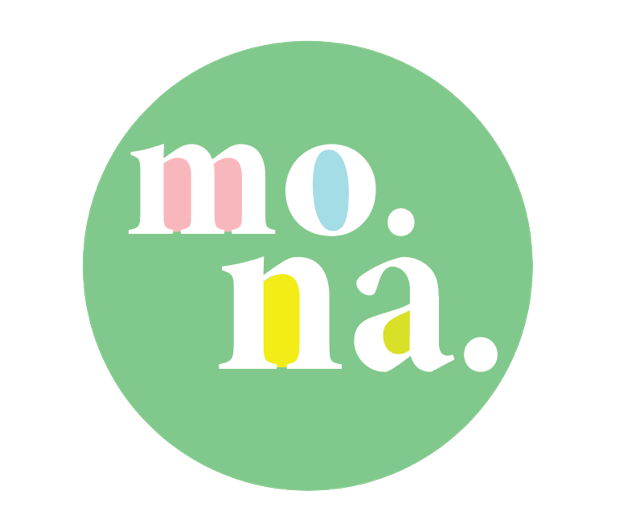As an avid houseplant parent and gardener, I knew compost could give my plants the oomf that they needed to thrive. Some gardeners or farmers even call the end result of compost “black gold” because of how much it helps yield better crops. But the thought of having food or gardening waste rotting in my apartment made me a little hesitant… that is, until I did my research into how impactful compost actually is to our environment, and even my garden at home! Join me in my journey from a compost denier to a compost virtuoso.
Before even deciding if composting is right for us, we need to figure out what it is. Composting is the degradation of organic materials to be used as a fertilizer to aid in the growth of houseplants, crops, and even trees. While that seems simple enough, the actual science behind composting is super interesting! According to livescience.com, there are actually three stages that help your food waste transform into usable, nutritious soil for your photosynthesis-reliant friends. The first stage, which typically only lasts a few days, is when the microorganisms that are in charge of breaking down the biodegradable material. With this process comes a lot of heat, as much as over 104 degrees Fahrenheit. The second stage, a different type of microorganism takes over to convert larger organic products into smaller pieces. This second stage can take anywhere from a couple days to months depending on what you have in your compost bin. During the second stage of your compost’s transformation, temperatures in your compost bin or pile can become so hot that all the useful microorganisms die. To avoid this, I recommend turning over your compost pile. This allows for more aeration into your compost pile. Finally, the third stage allows for the microorganisms from the first stage (which are mesophilic if you were curious), to take over and turn the remaining organic matter into the mulch or beneficial cocktail that we have been waiting so long for! This final process can take a few months, so don’t forget to keep an eye on it. Even though this is a basic explanation, hopefully it helps you understand the processes that your waste goes through to become the “black gold” that gardeners and farmers love.

While some people may only compost for the gardening benefits, composting actually helps to keep food waste out of landfills. About a third of food produced is wasted and often thrown in landfills. By keeping this waste out of landfills, we can avoid our waste turning into methane. Methane is a greenhouse gas that even rivals carbon dioxide by being around 25x more potent. Yikes! Additionally, composting allows gardeners like you or me to bypass using chemical fertilizers that harm our earth and its creatures, and cause soil erosion or major pH shifts. If you have been struggling to find more options for a zero-waste lifestyle, starting your very own compost bin or pile is easy, relatively cheap, and fun!
So, where do we start? Finding the perfect medium for your compost really does depend on your living situation and preferences. For example, I live in an apartment with no balcony. This means that I have to use a small, indoor compost bin. This could go anywhere from under the sink to on top of the counter or fridge. Keep in mind that sometimes compost gets a little stinky and can leak (it is rotting organic matter after all) when you choose the new home for your compost bin! Depending on your budget, you could also get a bigger or more airtight component. If you are not a plant parent that wants the resulting humus, or do not want your compost going through the full cycle in your home, you can always sign up for a large compost bin that works the same as your recycling. My apartment complex has one, and I use it to dispose of the more difficult to break-down elements that could go in my compost bin. On the other hand, if you are a high-level composting expert, you could turn to the vermicomposting method. This is like normal composting, but with worms that break down your organic matter instead of just relying on microorganisms. Vermicomposting can result in worm tea, which plants love. Anything is better than a landfill!
Once we have our bin picked out and ready to compost, what do we add to it? Composting experts swear by the two parts brown + one part green rule. Brown components produce carbon, and can include items such as dead leaves, branches and twigs, used coffee filters, cardboard, and nut shells. Green components produce nitrogen, and can include items such as grass clippings, fruit and vegetable scraps, used coffee grounds or tea bags, and even untreated hair. When building your compost bin or pile, avoid adding glass, metal, pet waste, fats, dairy products, meats, or raw eggs. Chopping or cutting larger items before you add them to your compost can help them degrade faster.

Image from RC Willey
In conclusion, composting has a long-lasting positive effect on the environment.. Even if it seems off-putting at first, it has benefits for everyone from farmers to those seeking another sustainable living challenge! If we have an opportunity to reduce methane AND our own landfill waste, why not take it?
Any questions, comments, or concerns? Feel free to comment below! :)

